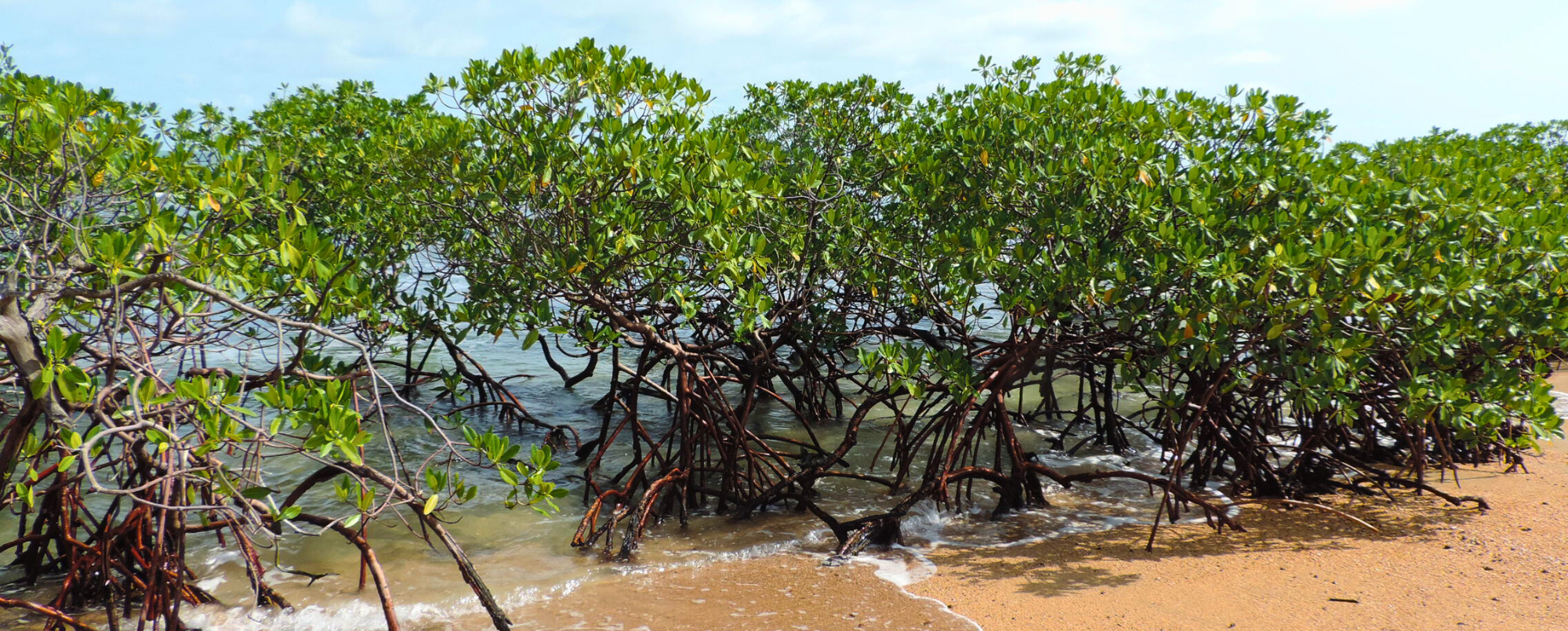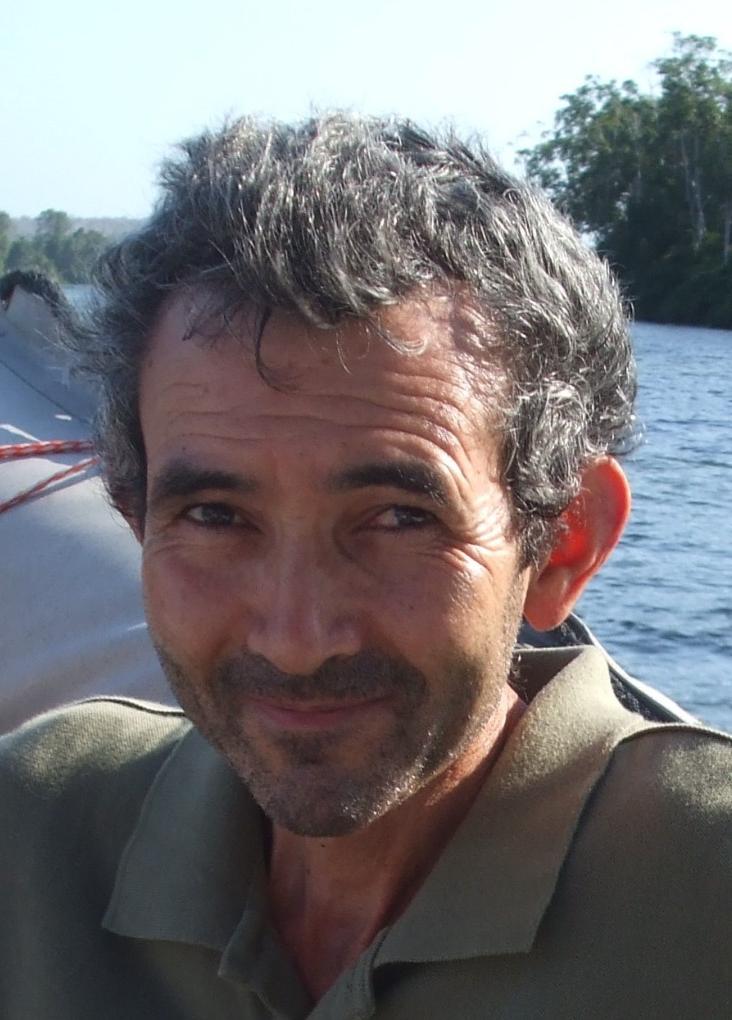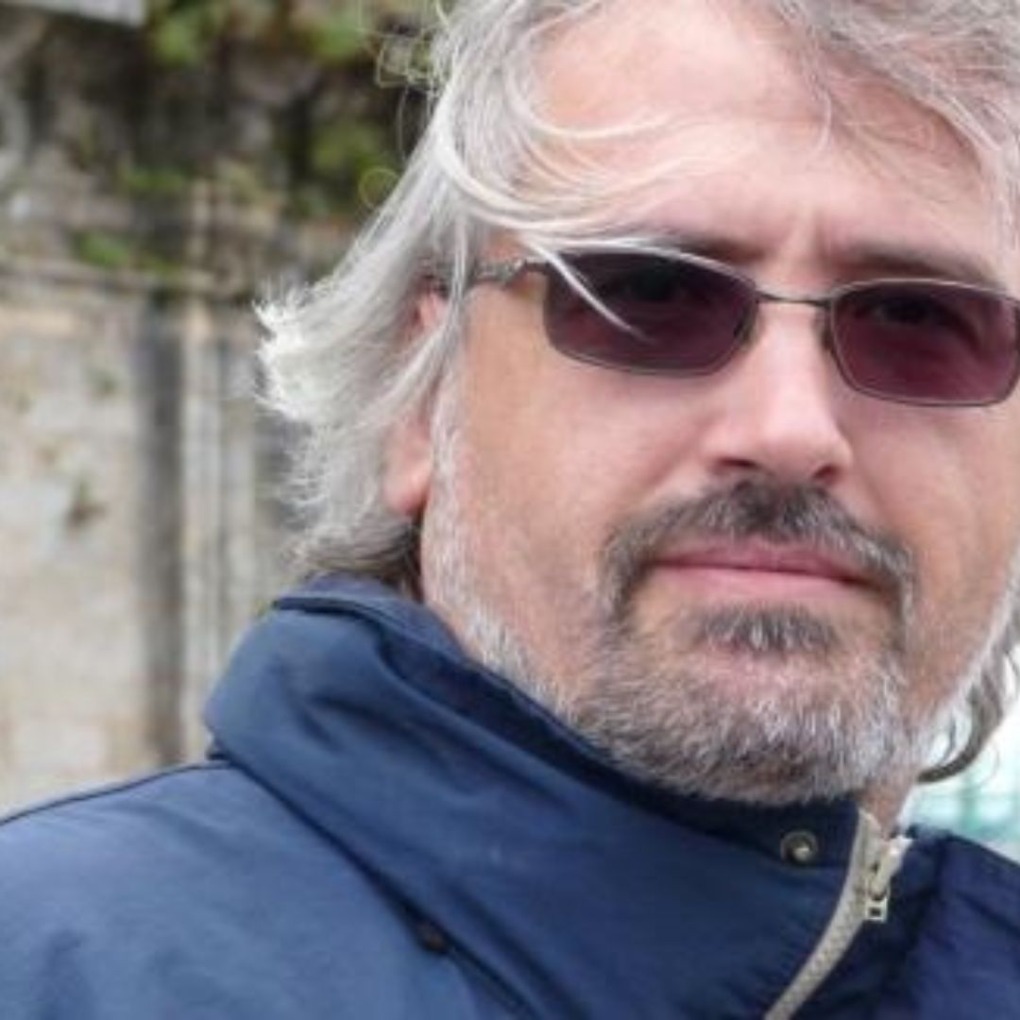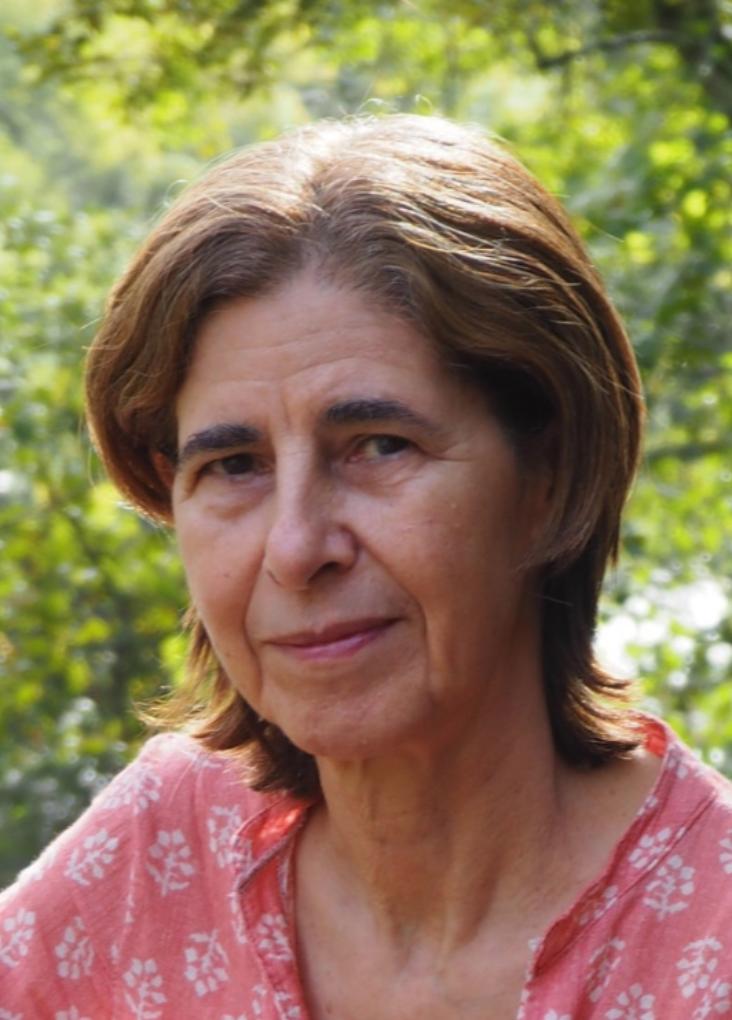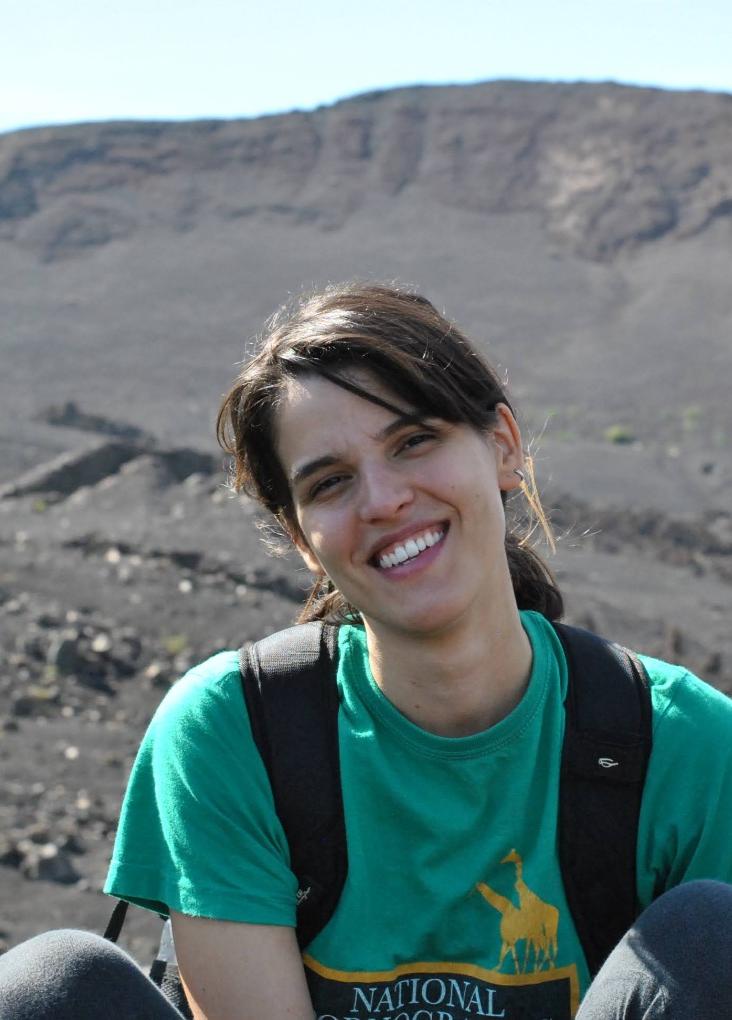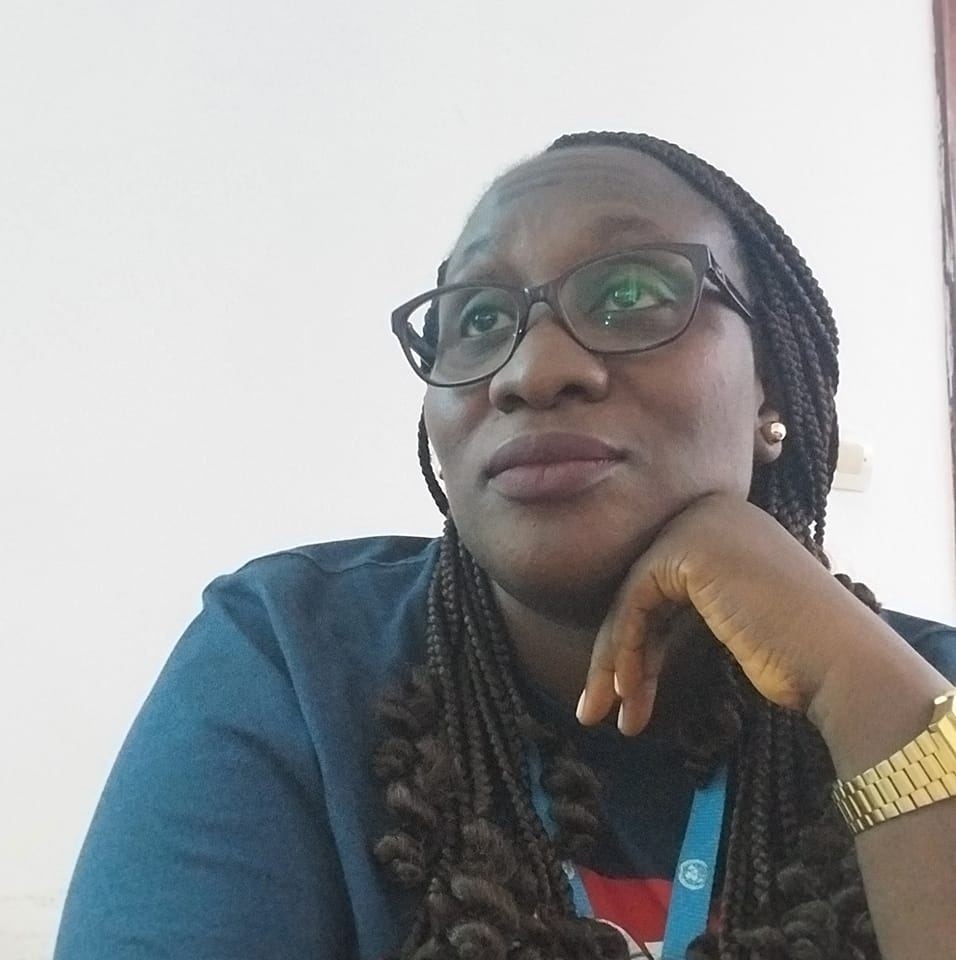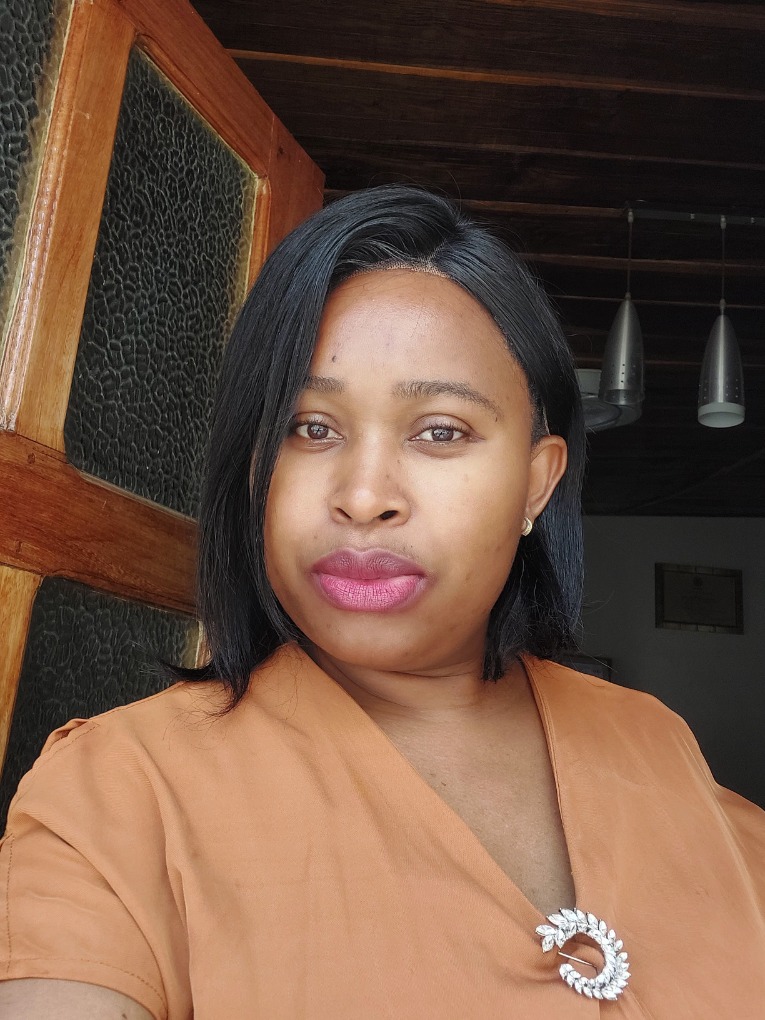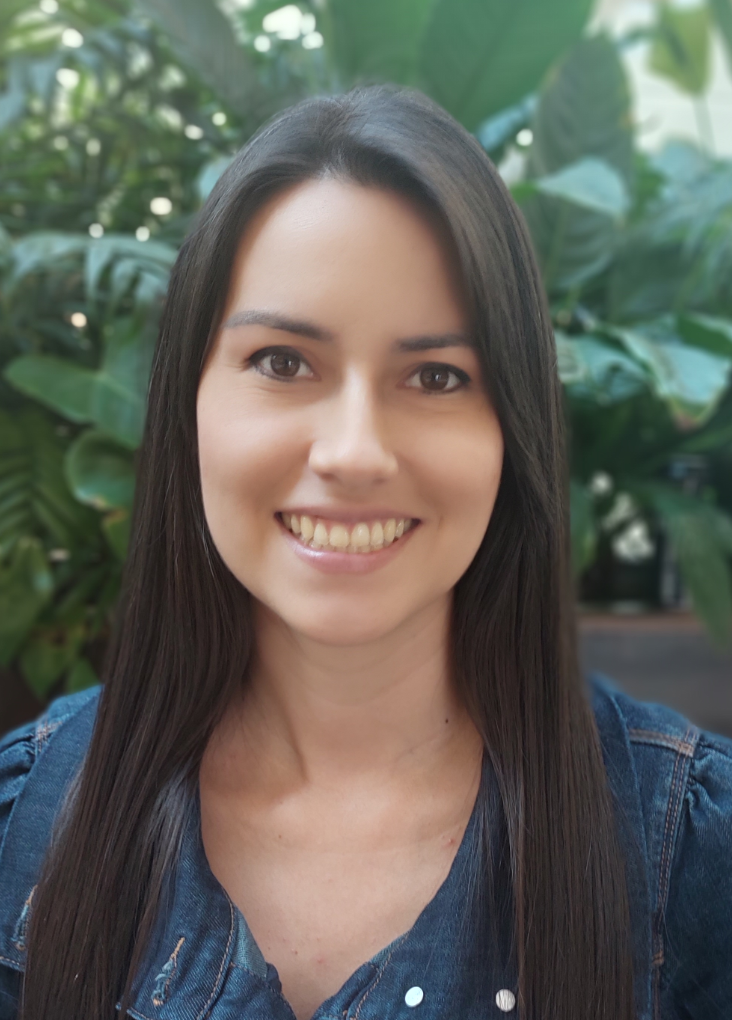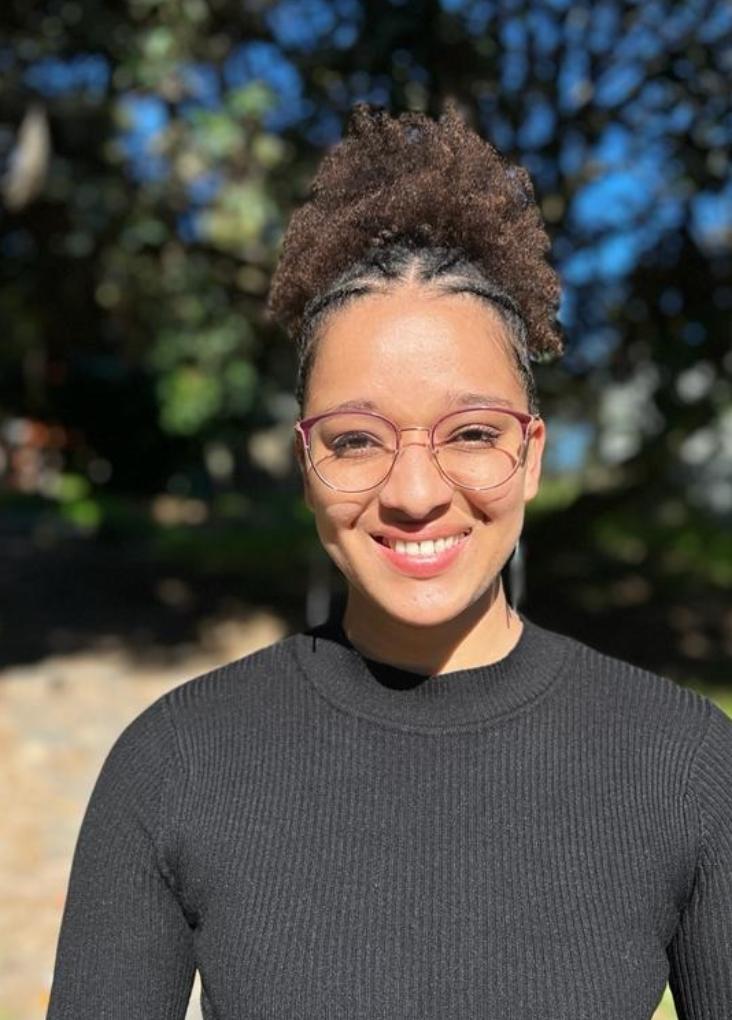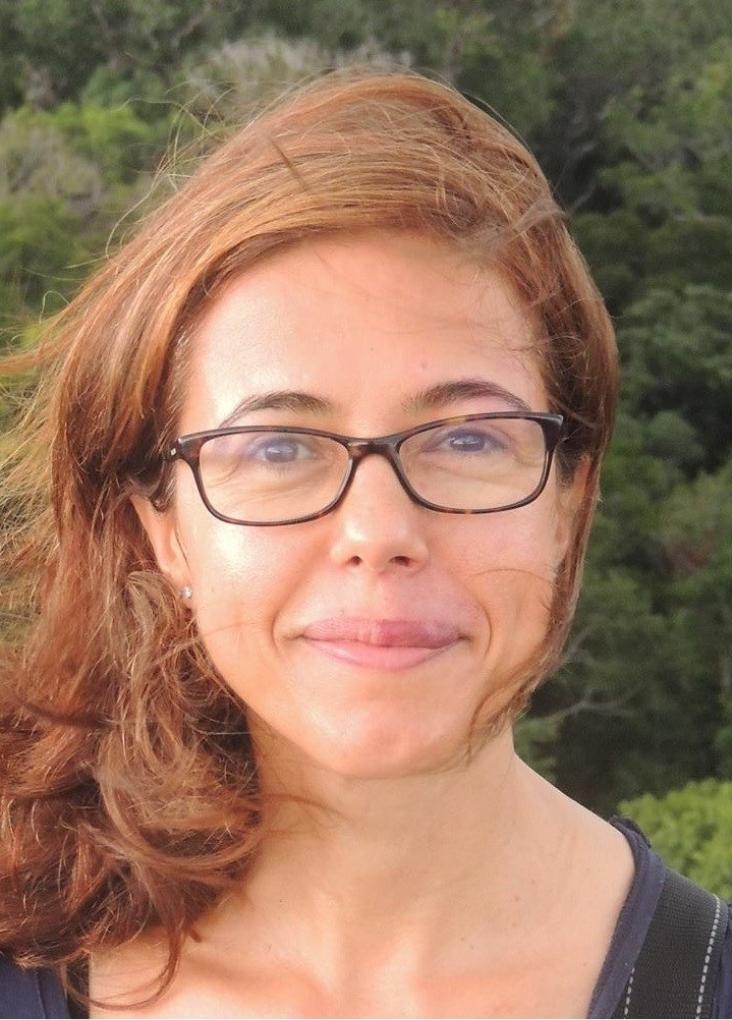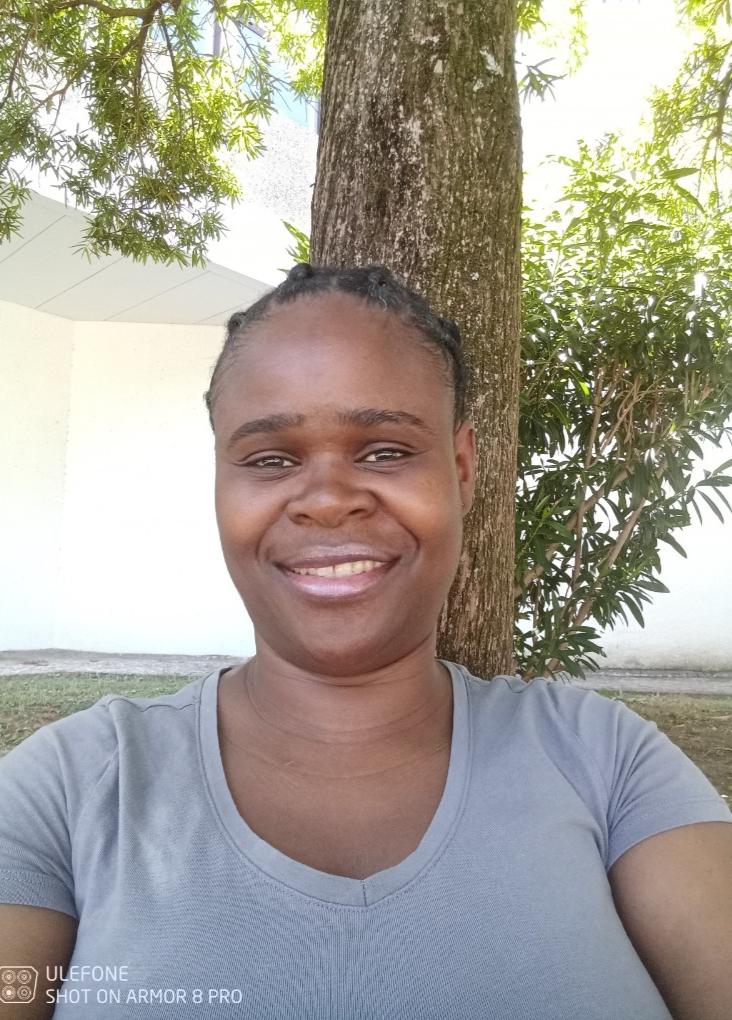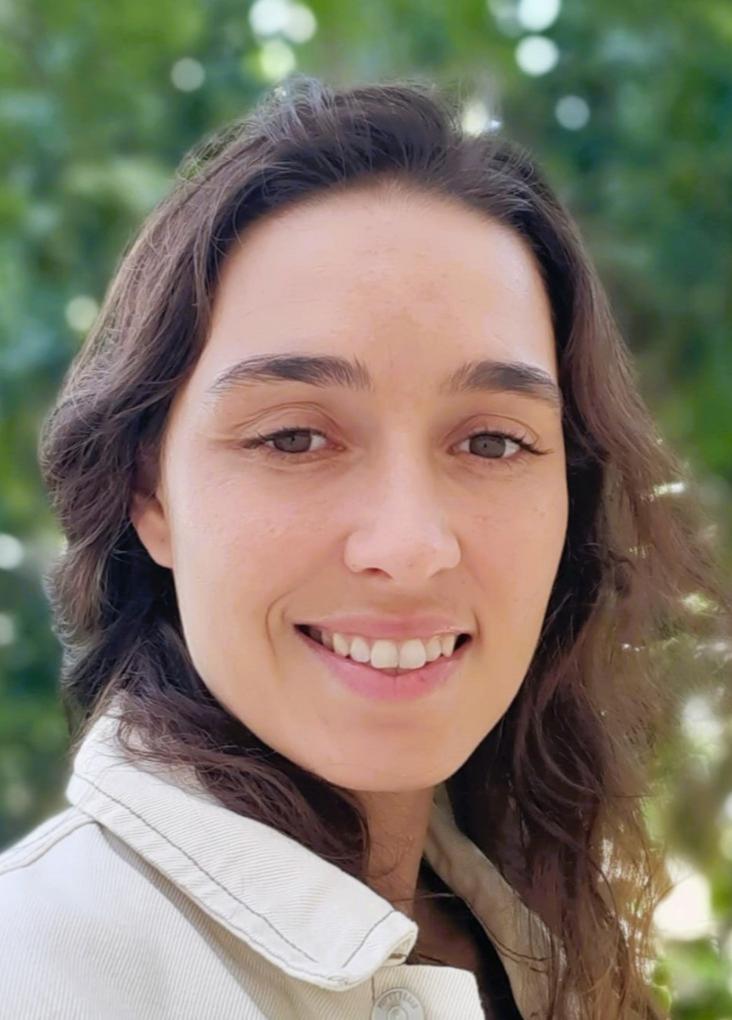Tropical ecosystems are among the richest in the world in diversity but are particularly vulnerable to human and natural impacts.
The group's main goal is understanding, preserving, and managing tropical ecosystems through a multiscale and multidisciplinary approach.
The work of TPS integrated researchers and students focuses mainly on African Portuguese-speaking countries, East Timor, and South America, on four main topics:
- Tropical plant diversity, evolution, and conservation - to answer fundamental questions on plant diversity, species and habitats conservation, including assessment of threats and ecosystem services management;
- Patterns and processes in tropical ecosystems - understanding tropical ecosystems’ patterns and processes is crucial to producing knowledge and advice on impacts and supporting decisions; we use a multiscale approach to document changes and monitor processes;
- Wild plant uses and conservation of tropical native resources - rural communities know the uses and properties of plants and mushrooms whose valorisation can increase local welfare while preserving sustainability;
- Tropical Agroecology - populational growth and the expansion of cash crops have changed many tropical landscapes.
The research line focuses on the study of the impacts of those changes and options to preserve ecosystems using innovative approaches. Ongoing projects include collaborations with researchers and institutions in tropical countries, with other CE3C groups (e.g. NHC&S, PFE, PSE, TMB), Portuguese research centres, and other international organisations.
TPS Team

